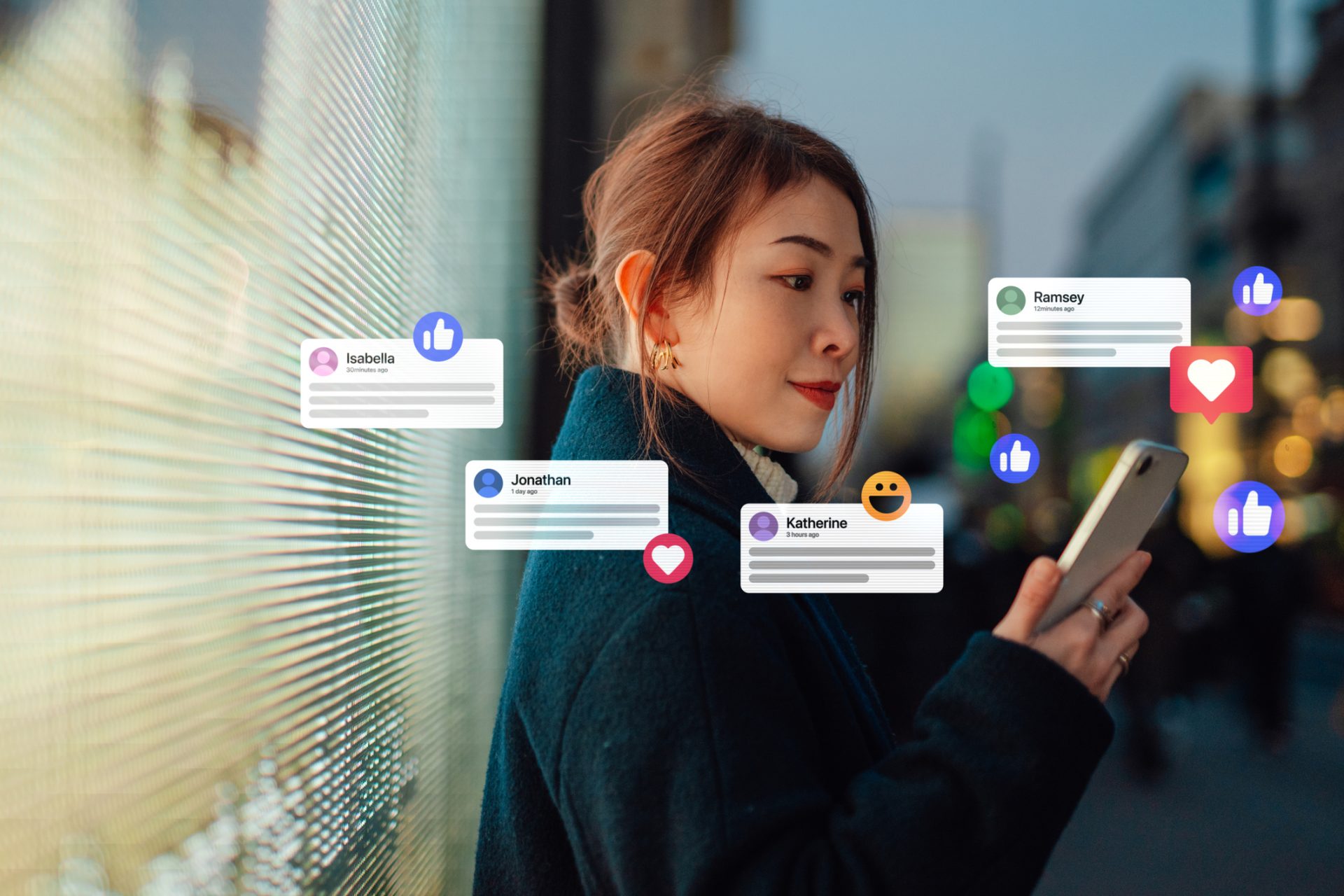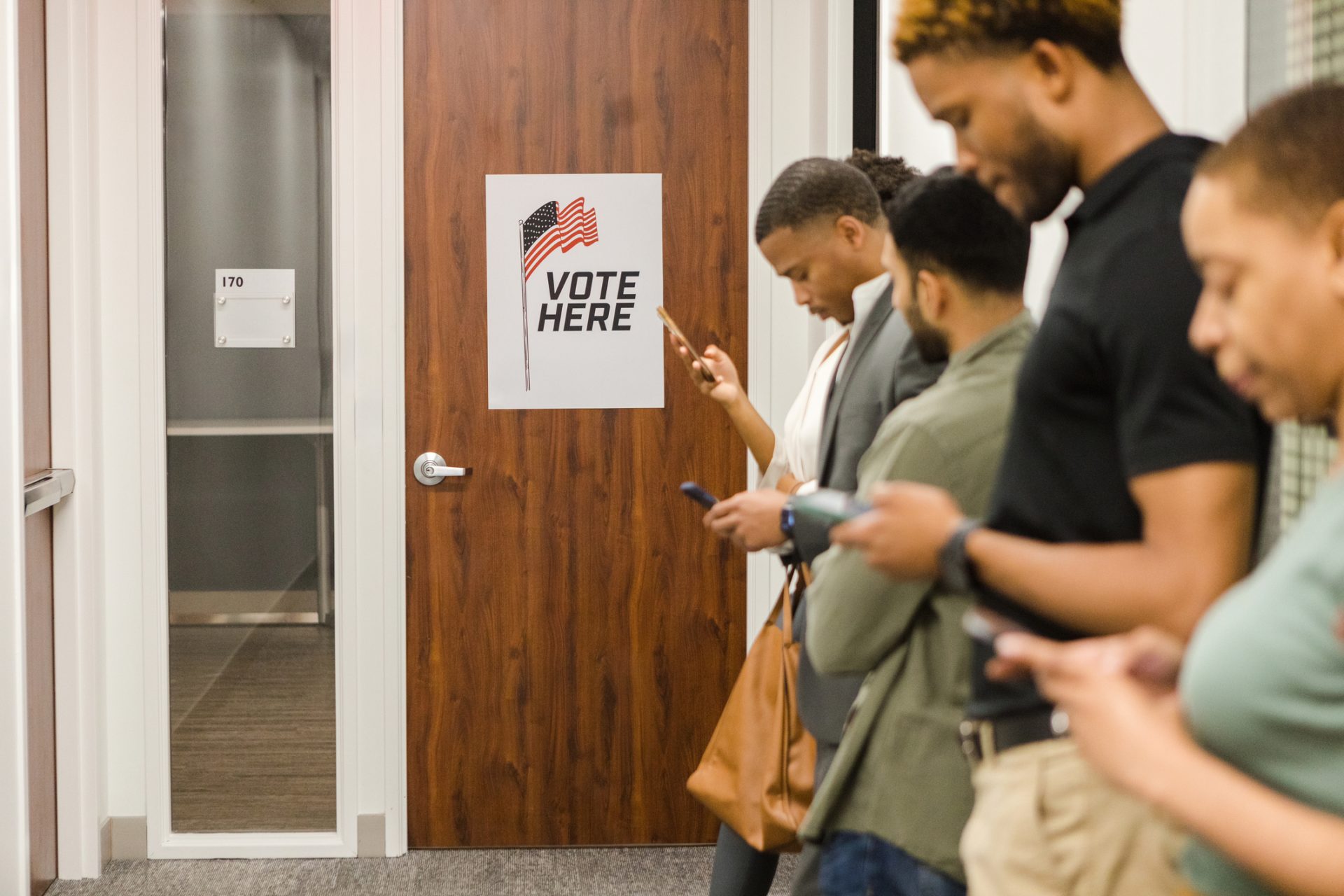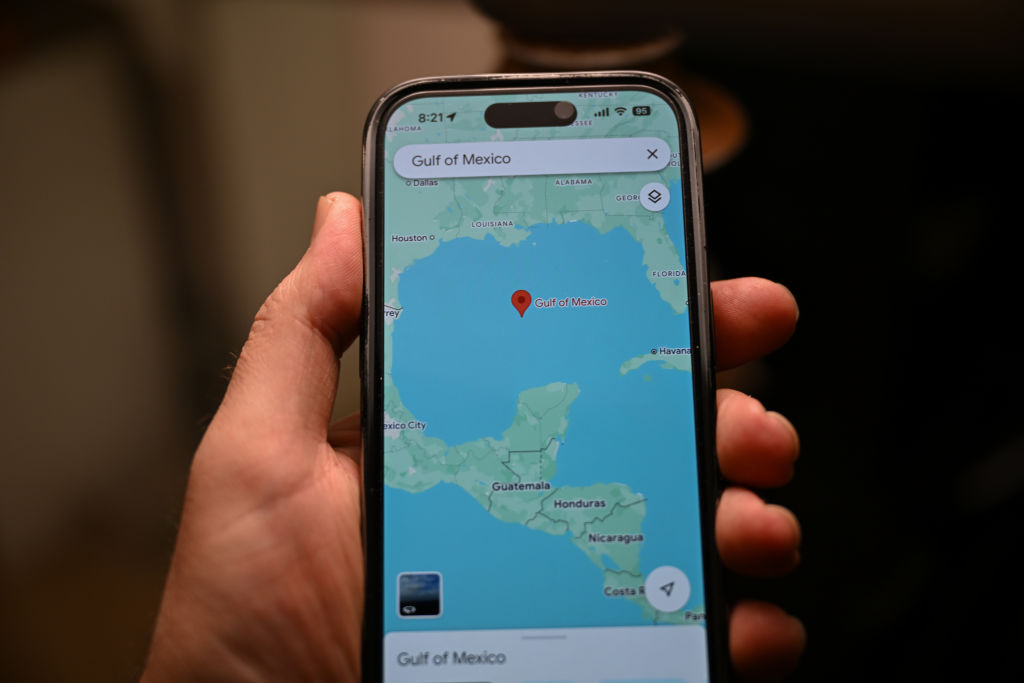People with ADHD are lot more politically active than the rest of us
You might assume that people with short attention spans would be the least likely to participate in politics but you’d be dead wrong according to a new study from a group of researchers in Israel who discovered something very interesting.
Those who suffer from attention deficit hyperactivity disorder (ADHD) are actually more likely than the average individual to participate in politics and the depth at which this finding holds true might really surprise you.
Attention deficit hyperactivity disorder is one of the most common mental disorders that affects children according to the American Psychiatric Society but emerging evidence shows the inattention syndrome may play a big role in the lives of adults as well.
The hallmark of ADHD is the inability to pay attention or keep one’s focus on a task for a long period of time interspersed with periods of hyperactivity in settings in which one’s movement might not be fit and impulsivity that can see one act without prior thought.
The condition can be chronic and debilitating and can lead to several issues that impact a sufferer's everyday life. Everything from a person’s individual relationships to their work life can be affected by the disorder, making it a weird fit for people and politics.
Nevertheless, the study from the Israeli researchers still found adults who have ADHD are more likely to engage in politics regardless of their age, sex, race, education, political orientation, and the levels of therapy they’re receiving for their disorder noted Psy Post.
After screening 1369 of their participants for ADHD, the researchers found that 14.6% of the group was suffering from attention deficit disorder. The entire group was then asked about their political participation via surveys.
Political participation was measured in a variety of ways and looked at how a person in the course of the year interacted politically by examining traditional and digital participation—for example, did the participant talk about who they voted for either online or in person.
This data was coupled with each participant's level of news consumption, whether or not they had connected with politicians or political parties via social media, and whether social media was used to either voice their political opinions or share political news with others.
“Overall, individuals who screened positive for ADHD reported higher levels of political participation than individuals who screened negative, both digitally…and in traditional ways,” the study’s authors wrote. But that was the most interesting thing they found.
People with attention deficit hyperactivity disorder tended to express their political views on social media but they did not report higher levels of new consumption and the study noted these people were more likely to adopt an approach that let news find them.
“In this sense, our results align with previous work that finds that individuals who suffer from other health conditions in their daily lives tend to participate more regularly in political activity, such as contacting a politician or signing a petition,” the authors wrote.
The study’s authors also noted that an ADHD sufferer's willingness to let news find them revealed their political knowledge was often screened by others or filtered and curated via social media, a situation which made them more vulnerable to information bubbles.
Interestingly, ADHD sufferers were less tolerant of other political views according to the study’s authors who noted that this wasn’t due to attempts to curb democratic norms but rather was probably linked to their attentiveness issues.
“Overall, we find evidence that individuals with ADHD display a unique pattern of political activity, including greater participation and less tolerance of others’ views, but not necessarily showing greater active interest in politics,” the study authors concluded.
The biggest limitation of the study according to its authors was its small population and the fact that all participants came from Israel, a highly polarized country in terms of politics. This prompted a note that more global research was needed on the topic.
More for you
Top Stories





























